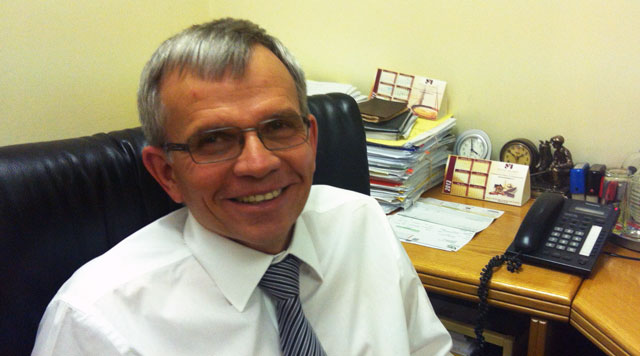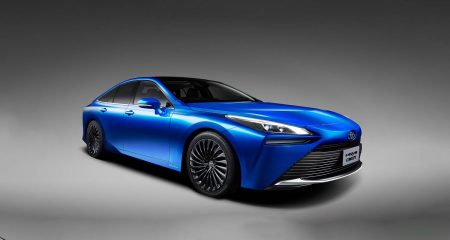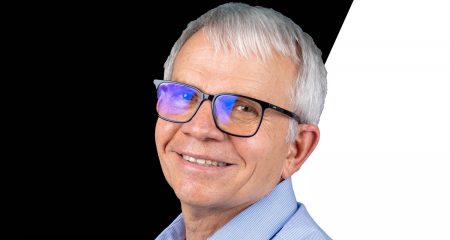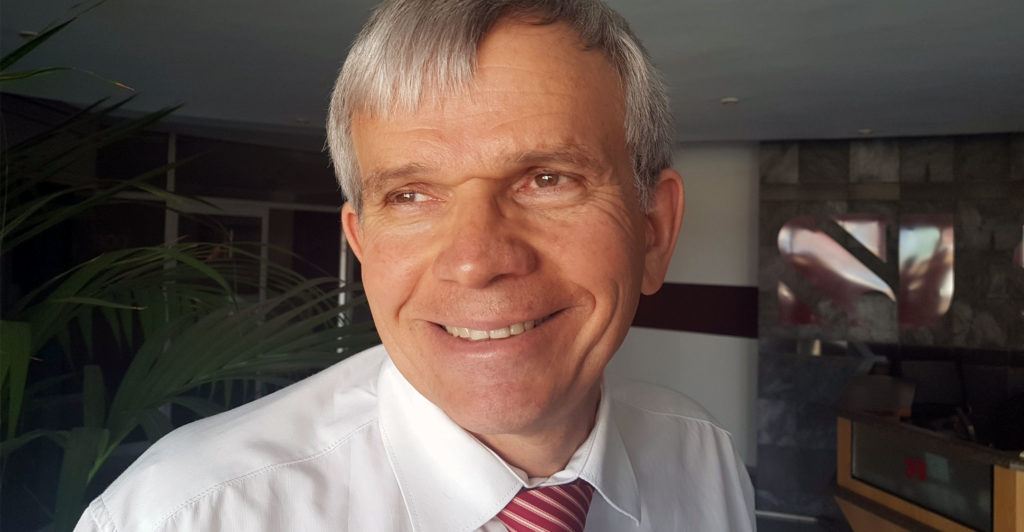
Have a Pretoria-based attorney and his partners invented a technology that could help change the world? Corrie de Jager believes his company, Hydrox Holdings, has developed a process that represents a “major step forward in unlocking the hydrogen era”.
De Jager says the team’s “membrane-less” technique for splitting water into its components parts of hydrogen and oxygen could help the world get to non-polluting hydrogen fuel cell-powered cars sooner.
“We believe this will make a difference. It’s a humble South African invention that will change the way hydrogen is produced.”
Hydrox has patented the invention in markets around the world. Now, he says, he wants to get big automakers, green energy companies and other potential investors interested so that research and development can be taken forward. The team is also preparing to submit a paper on the subject to the International Journal of Hydrogen Energy.
Key figures behind the invention include De Jager, his engineering brother Piet de Jager, financial expert Martin Pols and inventor George Anagnostopoulos.
The team has been tinkering with the idea of running vehicles on water — or, at least, the hydrogen in water, for the past 13 years.
Alkaline electrolysers, which are commonly used to separate hydrogen from oxygen, typically use a membrane between the electrodes to keep the gases apart. The Hydrox team has developed an alkaline electrolyser that does away with the membrane, resulting in much more closely spaced electrodes and, as a result, there is less resistance.
In addition, the electrolyser can achieve production and efficiency numbers of current systems without the need to use expensive noble metals such as platinum, thereby reducing manufacturing and operating costs substantially, De Jager says.
Millions of dollars have been invested by companies around the world in electrolyser technology in an effort to reduce the cost of hydrogen production. He believes his team’s invention will allow hydrogen fuel to be produced at US$2-3/kg, from about $6 now, making it a feasible alternative to polluting hydrocarbon fuels.
“Cars in the near future may have no pistons or exhaust systems,” he says. “You’ll fill up your car on hydrogen, and you will even be able to make your own hydrogen at home from water. We believe this invention is a major step forward.”
De Jager is now looking for partners that have the research and development budget to take the idea forward. “You need experts to take it further, companies with the resolve and resources. We are regular guys who have taken it this far, and we are very excited about it, but now it needs to go to the next level. The technique has been proven; it works. Now we have to develop a full-scale engineering and commercial model.” — (c) 2013 NewsCentral Media
- Image supplied




